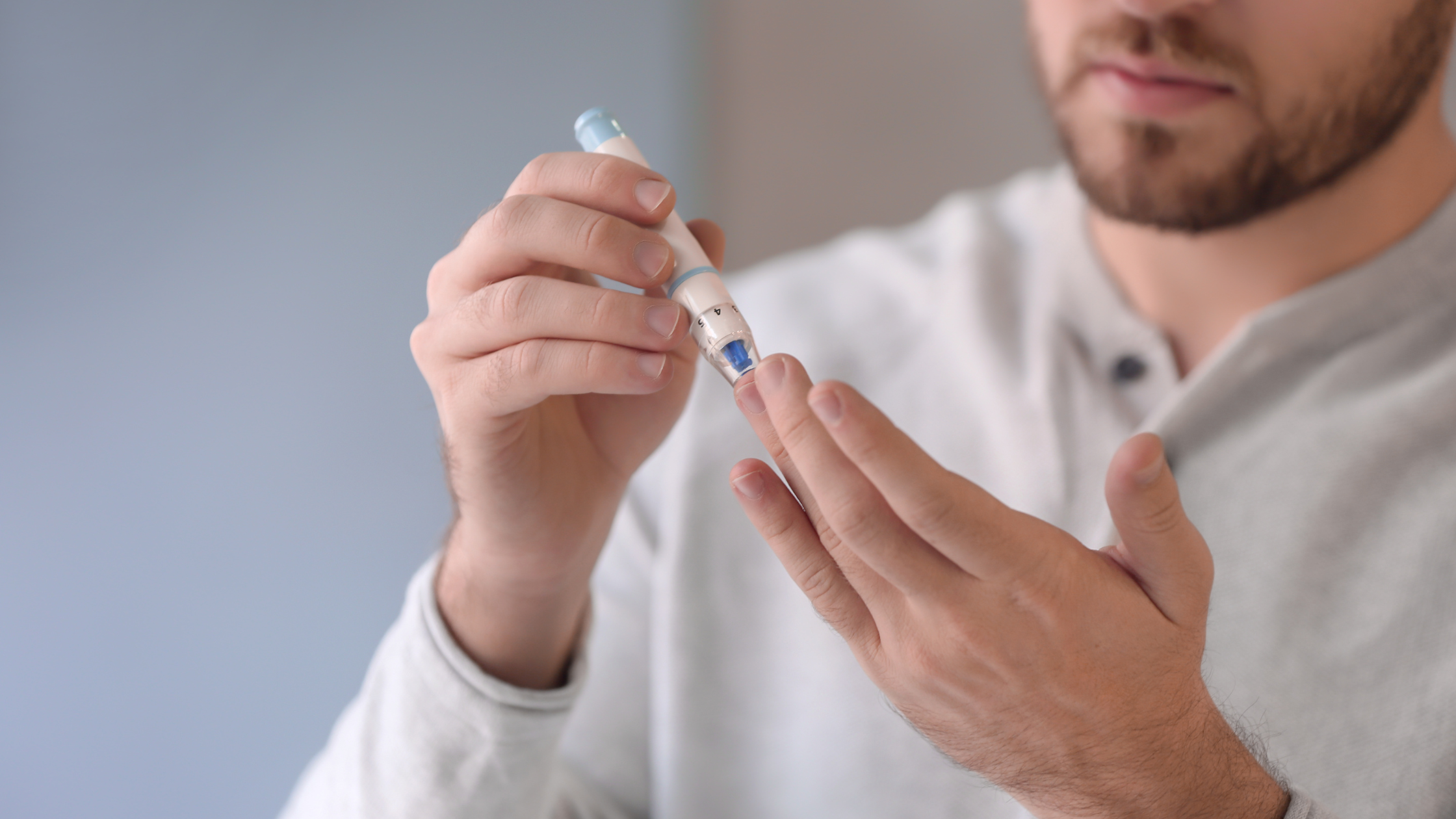
22 Feb Erectile Dysfunction and Diabetes: Understanding the Connection
Erectile dysfunction (ED) and diabetes are two common health conditions that can have a significant impact on a person’s quality of life. Unfortunately, they are also closely linked, as diabetes can increase the risk of ED. In this blog post, we’ll explore the connection between ED and diabetes and discuss what men with diabetes can do to improve their sexual health.
Diabetes is a chronic condition that affects the way the body uses blood sugar. High blood sugar levels, also known as hyperglycemia, can damage blood vessels and nerves over time. This damage can affect the blood flow to the penis, making it difficult for a man to achieve and maintain an erection. Studies have shown that men with diabetes are more likely to have ED than men without diabetes. According to the American Diabetes Association, up to 75% of men with diabetes will experience ED at some point in their lives.
The connection between ED and diabetes is complex and multifactorial. Diabetes can cause damage to blood vessels, nerves, and other organs, leading to ED. High blood sugar levels can also lead to the formation of plaque in the blood vessels, which can narrow or block the blood vessels and reduce blood flow to the penis. Additionally, diabetes can lead to the development of other conditions such as high blood pressure, heart disease, and obesity, which can also negatively impact sexual function.
Managing diabetes is key to improving sexual health. Keeping blood sugar levels under control is essential, as high blood sugar can damage blood vessels and nerves. This can be done through a healthy diet, regular exercise, and medication as needed. It is also important to keep track of blood sugar levels, blood pressure, and cholesterol levels, as these can also affect sexual function.
Lifestyle changes can also help to improve sexual function. Quitting smoking, limiting alcohol consumption, and maintaining a healthy weight can all help to improve blood flow to the penis and reduce the risk of ED. Regular exercise can also help to improve blood flow, reduce stress and anxiety, and promote better overall health.
Medications can also be used to treat ED in men with diabetes. PDE5 inhibitors, such as sildenafil (Viagra) and tadalafil (Cialis), are oral medications that can help to improve blood flow to the penis and alleviate ED. These medications work by relaxing the blood vessels in the penis, allowing more blood to flow in and helping to achieve an erection. However, it is important to note that these medications may not be suitable for all men with diabetes, and it is always best to consult with your physician before taking any medication.
In conclusion, the link between erectile dysfunction (ED) and diabetes is complex and multifaceted. Diabetes can increase the risk of ED by damaging blood vessels and nerves, leading to difficulty achieving and maintaining an erection. It’s important for men with diabetes to manage their condition by keeping their blood sugar levels under control through a healthy diet, regular exercise, and medication as needed. Lifestyle changes such as quitting smoking, limiting alcohol consumption, and maintaining a healthy weight can also help to improve sexual function. Medications such as PDE5 inhibitors may also be used to treat ED in men with diabetes, but it’s always best to consult with a physician before taking any medication. At LT Men’s Clinic, we understand the connection between ED and diabetes and offer a variety of treatments and services to help men improve their sexual health. We work closely with our patients to develop personalized treatment plans that address their unique needs and concerns.
